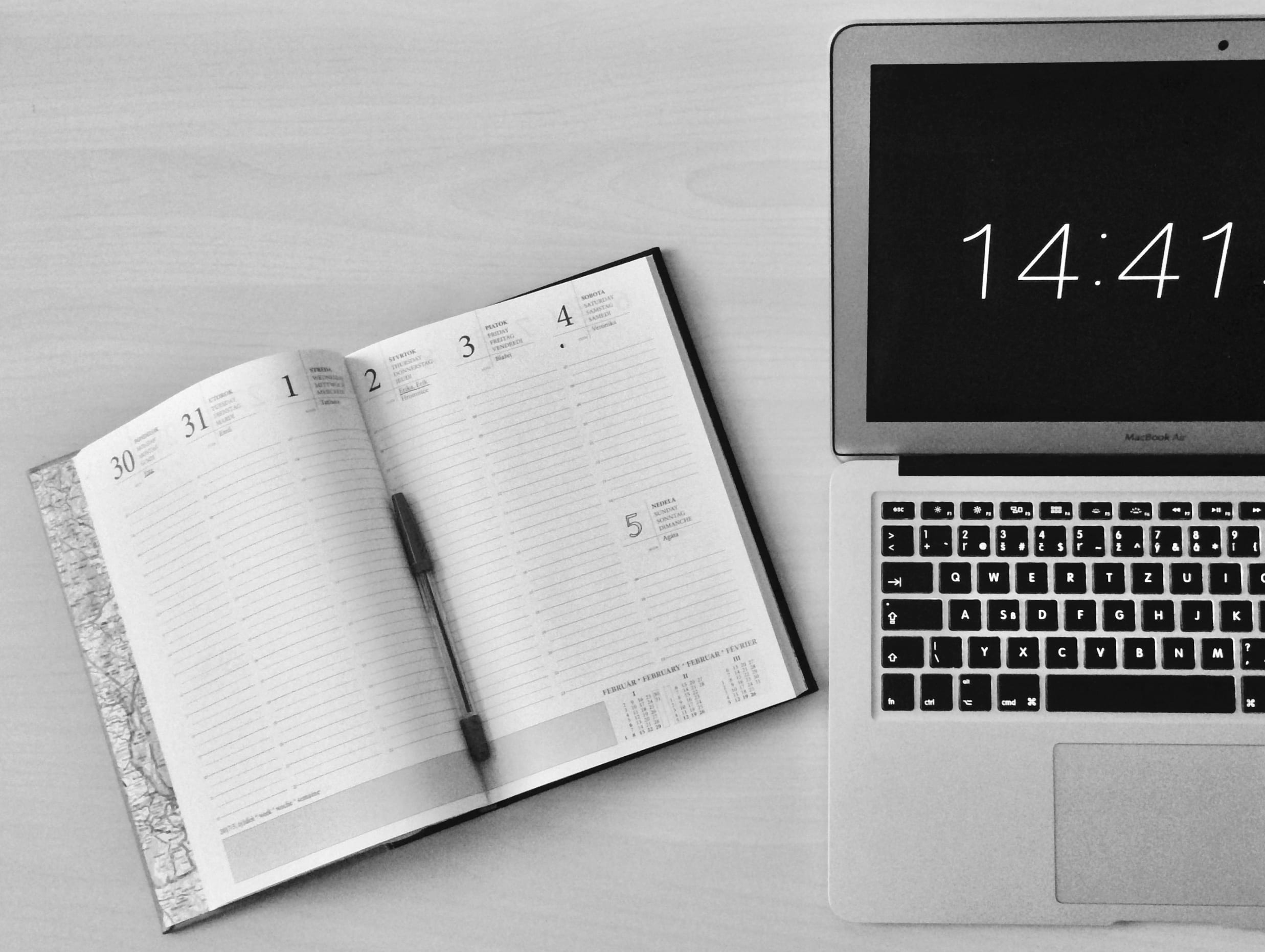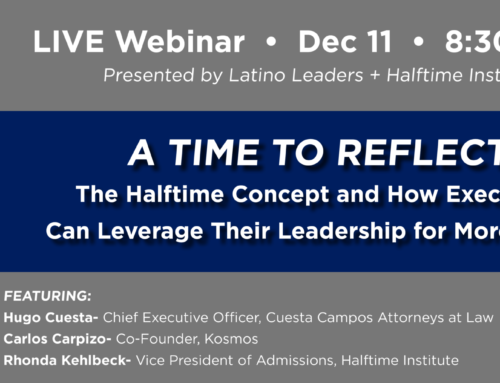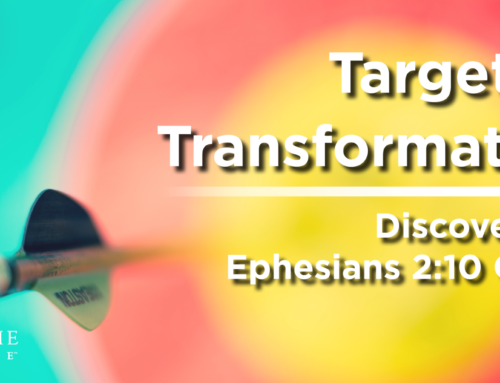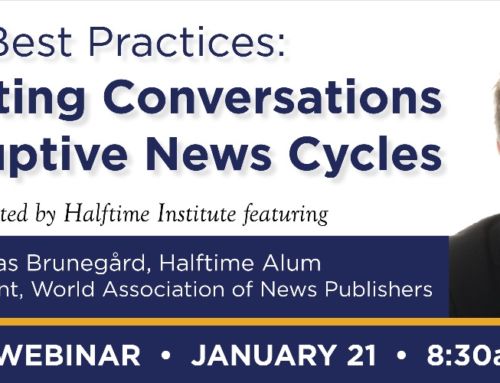Ninety-nine percent of new Halftimers are textbook type A’s, men and women shrink-wrapped into their schedules with zero margin. They walk into the Institute grafted to cell phones, setting plans by the quarter hour. When we tell them, almost first thing, to open their calendars and pry open their hours (for whole stretches, ongoing), it’s a little like waving scissors at a patient’s morphine drip.
For their part, our Halftimers report back to us that their early efforts to dial back on busyness are:
- Scary
- A relief
- Welcome
- Incredibly hard
My sympathy goes out to them to a point. Get past the fear, I say. No margin, no mission. The journey out of our comfort zones and into our souls demands time to know ourselves, to know who God is, and, ultimately, to have the freedom to act on both.
Of course, the things that hold us down are seldom bad. It’s the old saying that the enemy of the best is the good. But parsing good from best—pastimes from priorities—can be tricky. As I grew more aware of how I spent my time, I saw that a lot of it went to upkeep. My mind was an infinite loop about stuff, how to pay for it, how to maintain it, how to keep plates spinning.
What became my campaign to downsize our holdings originated in Chicago, in my fortieth-floor office moment, when I pressed my forehead onto the desk and said there had to be more to life. As surely as I write this now, I believe God told me then to simplify. And while Lisa and I had known for some time that my exit from business would force us to downsize, until it began in earnest neither of us could have foreseen the freedom ahead.
To be sure, we did not hold a fire sale and embrace poverty. We subtracted ownership in ways that added to our time. As we did, I saw that my line between holding and letting go could be the line between debt and solvency, worry and calm, limitations and choices.
Those days I also was poring through a book called Do More Better: A Practical Guide to Productivity, by Tim Challies, in which he asks, “Ultimately, why did God create you?” and, “Why am I here?” The Bible says we’re here to glorify God, to praise and point to him, which, in his economy, paradoxically gives us more of ourselves.
Challies defines productivity as stewardship of our gifts, talents, time, energy, and enthusiasm for the good of others and for God’s glory. As I slipped by degrees into that groove, I found I liked it. Less mental clutter opened room for new priorities. My stress decreased. I was aware of feelings of joy. And joy is a key word.
In 2015, when Time magazine named its 100 Most Influential People, one was Marie Kondo, a Japanese organizing expert whose New York Times bestseller is titled The Life-Changing Magic of Tidying Up. That year before Christmas-clutter season, articles about her seemed to be everywhere, all repeating her mantra to keep only those things that spark joy.
That principle transfers to the life-changing magic of tidying our time. If the stress outweighs the joy, let it go. No one can tell you what stays or goes, but in the spirit of Marie Kondo, I can offer a few guiding questions:
- Does it take up more time than you can justify?
- Is it a financial drain?
- Is it a physical drain, causing anxiety and stress?
- Is it in any sense an idol, something that replaces God in your life?
- Does it take time from your family?
- Do you truly want it, or by chance do you own it to impress yourself or someone else
Lisa and I hardly qualify as poster children for a modest lifestyle, by the way. We drive nice cars—used, though, and without the new-car debt. We live in a beautiful home that is far from small but definitely more family-sized. The picture is never perfect, but I am more involved in my family and in primary relationships. I am more clear about my mission, more satisfied in the ways I can help others.
To wrap up the discussion on margin, while I was still in Chicago I visited some of the Wachovia Securities financial managers I had once worked with and what they said that day stayed with me. They said, “You’re making 20% of what you used to and you’re the happiest we’ve ever seen you.”
For more on this, check out my new book Trade Up. Join the conversation about leading a career with purpose by searching the hashtag #TradeUpBook.






